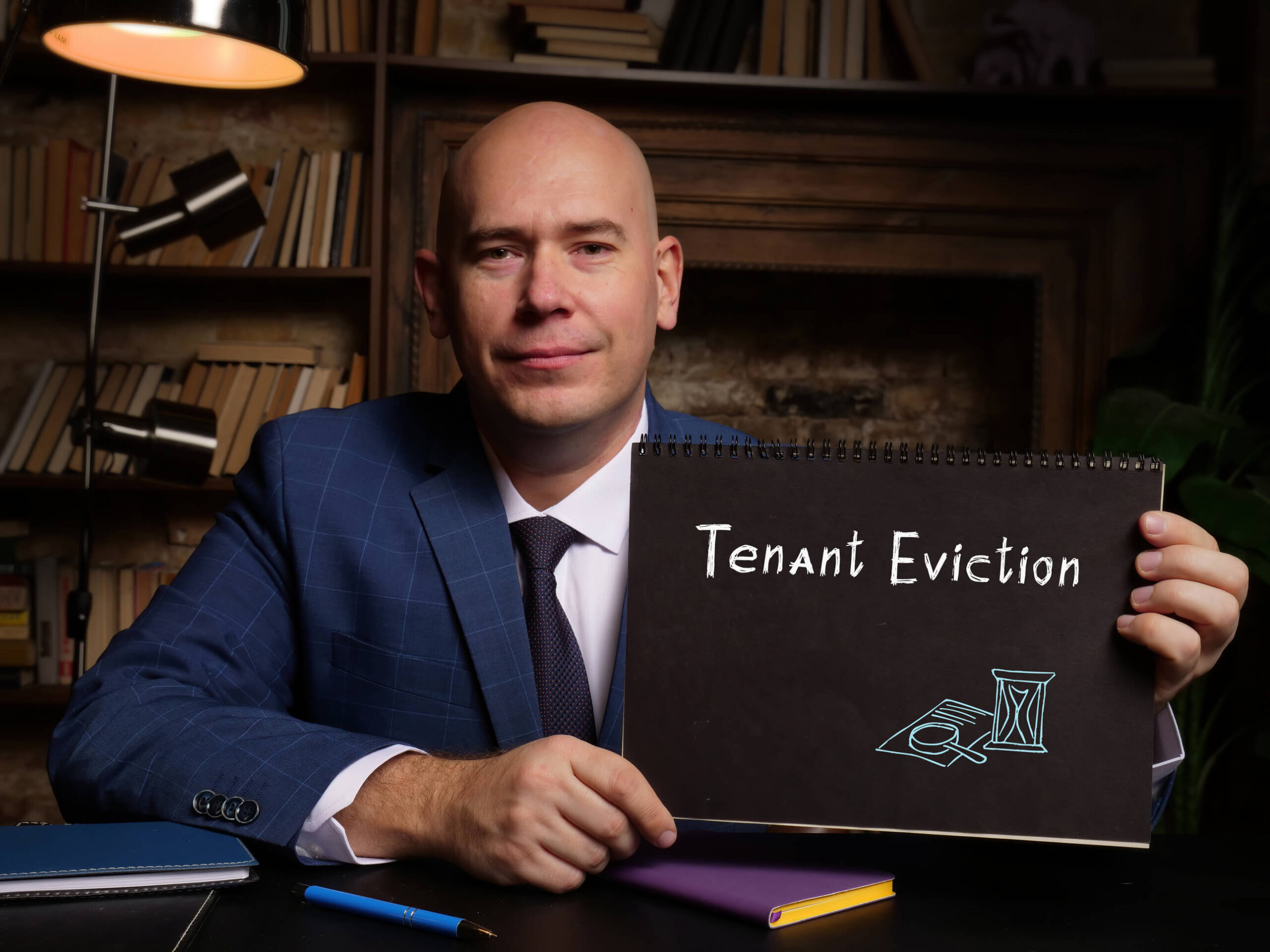Meeting with an eviction attorney may stir up many questions and concerns. What documents should you bring? What questions should you ask? How can you make the most of this crucial meeting?
Picture this: You walk into your first meeting with an experienced eviction attorney. Then, you have a meaningful conversation after asking questions and providing details. The weight on your shoulders begins to lift, and a sense of hope and optimism takes hold.
This vision is not a dream. It is a reality for those who prepare wisely for initial consultations. So, don’t let eviction fears paralyze you. Take proactive steps toward a brighter future by reading this guide.
Gather Important Documents
This first consultation sets the stage for developing a robust defense or resolution. As a result, thorough preparation is indispensable to optimize this meeting.
In this segment, we’ll walk you through the documents you should present to your eviction attorney. Bringing these documents to your meeting is more than just a procedural step. It equips your attorney with vital insights needed to evaluate your case comprehensively.
Let’s dive into what you need to prepare:
- Lease Agreement: Your lease agreement outlines the terms and conditions of your tenancy.
- Eviction Notice: This notice is a crucial piece of evidence that your attorney should review to assess the validity of the proceedings.
- Communication Records: Gather any written communication between you and your landlord, including emails, letters, or texts.
- Payment Records: Gather proof of rent payments, such as bank statements, canceled checks, or receipts.
- Maintenance Requests: If you’ve made maintenance requests to your landlord, document them.
- Photographic Evidence: Provide pictures or videos that support your claims.
- Notices and Correspondence from Authorities: These documents may provide additional context to your case.
- Witness Statements: If you have witnesses who can testify on your behalf, collect their statements and contact information.
- Any Relevant Contracts: Find any other contracts or agreements related to your tenancy.
Prepare Questions and Concerns
It’s understandable to feel caught in a whirlwind of questions and apprehensions. Your housing stability and legal rights are on the line.
Asking questions lays the groundwork for your legal response. Accordingly, this list is more than queries and concerns. It is a fundamental set of questions to jumpstart this task:
- What specific grounds has the landlord cited for the eviction?
- What is the timeline for the eviction process?
- Are there any potential defenses or legal strategies that can challenge the process?
- Can I negotiate with the landlord to explore alternative solutions, such as payment plans or repairs?
- What are the potential consequences for my rental history, credit, and future housing prospects?
- How can I protect my rights, including ensuring proper notice and procedural compliance?
- What documentation and evidence should I gather to support my case, and how should it be organized?
- What are the potential outcomes of the eviction case, and what can I expect during court proceedings, if applicable?
- How does local tenant-landlord law and regulations impact my specific situation, and what rights do I have as a tenant?
- What are the attorney’s fees and costs associated with representing me in this case, and what is the payment structure?
Set Realistic Expectations
An attorney is a powerful ally, but they are not magicians. The outcome of an eviction case can depend on many factors. It’s crucial to recognize legal representation may not secure an immediate resolution.
Your attorney can guide you through the legal process and strategize for the best outcome. However, they cannot guarantee victory. Setting realistic expectations means being prepared for a potentially lengthy process and compromises.
Moreover, it’s essential to remember that an eviction attorney’s role is to provide advice and representation. They cannot engage in unethical or illegal practices to delay or obstruct the eviction. Approach this professional relationship with trust, transparency, and collaboration for the best possible outcome.
Post-Meeting Actions
Act swiftly on any tasks or instructions your attorney may have provided. The actions could include gathering more documents, evidence, or witnesses discussed during the consultation. A prompt response allows your attorney to advocate more effectively and efficiently.
Additionally, jot down or document the main points discussed. Keeping these records helps you remember crucial details. Equally important is to keep the lines of communication open with your lawyer. They should reach out with any developments or additional questions post-meeting.
Last but not least, prepare yourself to make informed decisions promptly. Your active participation plays a pivotal role in influencing the outcome of your case.
Schedule Your Meeting With an Eviction Attorney
Preparation and legal representation can be your greatest allies in the face of eviction. Consequently, your first meeting with an eviction lawyer is more than a consultation. It is a gateway to safeguarding your rights, home, and future.
Understanding the significance of documentation and asking the right questions can empower you. Furthermore, we can connect you with legal help. Ask us for a referral today by calling (866) 345-6784 or completing this online form!

